Cheese often gets a bad rap in the world of healthy eating, usually seen as a high-fat, high-calorie indulgence to be avoided. But not all cheese is created equal. In fact, many varieties offer a powerful punch of nutrients like protein, calcium, and probiotics—without sabotaging your health goals. The key is knowing which kinds to choose and how to enjoy them in moderation.
Some cheeses are naturally lower in fat and sodium, while others are packed with beneficial compounds like conjugated linoleic acid (CLA), which may support metabolism and heart health. Additionally, certain cheeses made from goat’s or sheep’s milk can be easier to digest and less inflammatory than their cow’s milk counterparts. Whether you’re managing your weight, boosting protein intake, or just trying to snack smarter, there are options that align with a wide range of dietary needs.
Below is a curated list of 11 cheeses that won’t derail your diet goals—and may even support them. From creamy cottage cheese to flavorful feta and nutrient-dense Parmesan, these choices deliver both taste and nutrition. Add them to your salads, snacks, or meals without guilt and enjoy the savory goodness that cheese has to offer.
1. Cottage Cheese
Picture this: a protein powerhouse that tastes creamy and satisfying while keeping your waistline happy. Cottage cheese delivers an impressive 14 grams of protein per half-cup serving, making it a muscle-building champion. This humble cheese contains fewer calories than most other varieties, with just 80-90 calories in that same serving. What makes cottage cheese extra special is its versatility in both sweet and savory dishes. Mix it with fresh berries for breakfast, blend it into smoothies for extra creaminess, or use it as a base for healthy dips. The low-fat versions contain even fewer calories while maintaining that satisfying texture. Your metabolism will thank you for choosing cottage cheese because protein requires more energy to digest than carbs or fats. This means you’re actually burning calories while enjoying this delicious treat!
2. Ricotta Cheese
Made from leftover whey during cheese production, ricotta proves that great things come from humble beginnings. This fluffy, cloud-like cheese contains more protein than many meats, with about 14 grams per half-cup. Unlike aged cheeses that pack sodium, ricotta keeps salt levels relatively low, making it heart-friendly. Calcium lovers will adore ricotta’s bone-building benefits, as it provides nearly 20% of your daily calcium needs in one serving. The texture makes it perfect for both cooking and eating straight from the container. Try it in lasagna, stuffed shells, or mixed with cinnamon for a healthy dessert. Athletes often choose ricotta for post-workout recovery because it contains both fast and slow-digesting proteins. This combination helps repair muscles immediately while providing sustained nutrition for hours afterward. Plus, it’s naturally lower in lactose than many other dairy products.
3. Feta Cheese
Transport yourself to the sunny Greek islands with every bite of tangy, salty feta. This Mediterranean favorite contains about 25% fewer calories than hard cheeses like cheddar, making it a smart swap for weight-conscious eaters. The sharp flavor means a little goes a long way in satisfying your cheese cravings. Feta’s secret weapon lies in its probiotic content, which supports digestive health and may boost immunity. Traditional feta made from sheep or goat milk is often easier to digest than cow’s milk varieties. These versions also tend to be lower in inflammatory compounds, making them gentler on sensitive stomachs. Sprinkle feta over salads, stuff it into omelets, or enjoy it with fresh vegetables for a Mediterranean-inspired snack. The combination of protein and beneficial bacteria makes it an excellent choice for maintaining gut health while managing portion sizes. Choose reduced-fat versions when available for even fewer calories.
4. Part-Skim Mozzarella
Fresh mozzarella brings Italian elegance to your healthy eating plan without the guilt. Part-skim versions contain about 30% less fat than whole milk mozzarella while maintaining that signature mild, creamy flavor. Each ounce provides 6 grams of muscle-building protein and essential calcium for strong bones. Smart pizza lovers have discovered that part-skim mozzarella melts beautifully while keeping calories in check. The lower sodium content compared to processed cheeses makes it heart-healthy too. Fresh mozzarella contains even fewer additives and preservatives than the pre-shredded varieties. Beyond pizza, mozzarella shines in caprese salads, wraps, and as a portable snack with whole grain crackers. The mild taste pairs well with both sweet and savory ingredients, making it incredibly versatile. String cheese versions offer perfect portion control for busy lifestyles, with each stick containing just 80 calories and plenty of satisfying protein to keep hunger at bay.
5. Parmesan Cheese
Aged to perfection, Parmesan proves that good things come to those who wait. This nutty, sharp cheese develops its complex flavor over months or years, creating an intense taste that transforms ordinary dishes into gourmet experiences. Just one tablespoon of grated Parmesan adds significant flavor while contributing only 20 calories. The aging process concentrates nutrients, making Parmesan exceptionally rich in protein, calcium, and vitamin B12. Your taste buds will be so satisfied with the bold flavor that you’ll naturally use less than milder cheeses. This built-in portion control makes it perfect for dieters who refuse to sacrifice taste. Sprinkle freshly grated Parmesan over salads, soups, or roasted vegetables for an instant flavor boost. The hard texture means it keeps longer than soft cheeses, making it economical too. Watch the sodium content though – while a little goes a long way, it’s still a salty cheese that should be enjoyed in moderation for optimal heart health.
6. Goat Cheese
Goat cheese offers a creamy escape for those whose stomachs rebel against cow’s milk products. The smaller fat molecules and different protein structure make it significantly easier to digest, often allowing lactose-sensitive people to enjoy cheese again. This tangy, sophisticated cheese contains less inflammatory casein than cow’s milk varieties. Each ounce delivers quality protein while being naturally lower in calories and fat than cream cheese. The distinct tart flavor adds gourmet appeal to simple dishes – try it crumbled over salads or spread on whole grain toast with honey. Many people find goat cheese more satisfying than milder cheeses, leading to natural portion control. Nutritionally, goat cheese provides beneficial fatty acids and is often made from milk from pasture-raised goats, potentially offering better nutrient profiles. The creamy texture makes it perfect for healthy cooking substitutions, replacing heavier ingredients in recipes. Plus, supporting small goat farms often means choosing more sustainable and ethical dairy options for environmentally conscious eaters.
7. Swiss Cheese
Those iconic holes aren’t just for show – they’re signs of a cheese that’s naturally lower in sodium than most varieties. Swiss cheese contains about 40% less sodium than cheddar, making it a heart-smart choice for people watching their blood pressure. The nutty, slightly sweet flavor satisfies without overwhelming your taste buds. Vitamin B12 levels in Swiss cheese are impressive, supporting healthy nerve function and energy metabolism. This makes it particularly valuable for vegetarians who might struggle to get enough B12 from plant sources alone. The calcium content helps build strong bones while the protein keeps you feeling full between meals. Swiss cheese melts beautifully in sandwiches and omelets without becoming greasy like some higher-fat varieties. The firm texture also makes it perfect for snacking with apple slices or whole grain crackers. Many brands offer reduced-fat versions that maintain the characteristic flavor while cutting calories even further. The relatively mild taste makes it kid-friendly too, helping families eat healthier together without complaints.
8. Neufchâtel Cheese
Meet cream cheese’s healthier cousin that doesn’t compromise on taste or texture. Neufchâtel contains about one-third less fat than regular cream cheese while maintaining that smooth, spreadable consistency you love. This French-style cheese has been quietly revolutionizing breakfast tables and dessert recipes across America. The reduced fat content means fewer calories per serving, but you’ll hardly notice the difference when spreading it on your morning bagel. Neufchâtel works beautifully in cheesecake recipes, dips, and frosting, allowing you to enjoy indulgent-tasting treats with less guilt. The protein content remains substantial, helping stabilize blood sugar when paired with whole grains. Bakers appreciate how Neufchâtel creates the same creamy texture in recipes while reducing overall calories. The tangy flavor profile adds complexity to both sweet and savory dishes. Many people discover they actually prefer the slightly less rich taste, finding it more versatile than traditional cream cheese. Stock your refrigerator with this smart substitute and watch your favorite recipes become automatically healthier.
9. Blue Cheese
Bold flavors demand attention, and blue cheese certainly delivers with its distinctive tang and creamy texture. The beneficial molds that create those characteristic blue-green veins also provide probiotic benefits for digestive health. These live cultures may support immune function and help maintain healthy gut bacteria balance. A small amount of blue cheese provides significant protein and calcium while satisfying even the strongest cheese cravings. The intense flavor means you’ll naturally use less than milder varieties, helping control portions and calories. Many people find that just a few crumbles transform ordinary salads into restaurant-quality meals. However, blue cheese does pack sodium, so moderation is key for heart health. Choose high-quality versions made from grass-fed milk when possible for better nutrient profiles. The creamy texture makes it perfect for healthy dips when mixed with Greek yogurt. Pair it with fresh pears or apples for a sophisticated snack that balances the sharp cheese with natural sweetness. This combination provides fiber, antioxidants, and satisfaction without derailing healthy eating goals.
10. Paneer
Indian cuisine’s protein hero, paneer offers a mild, versatile cheese that’s naturally low in sodium and high in satisfaction. Unlike aged cheeses, paneer is made fresh and contains no added salt during production, making it naturally heart-healthy. The firm texture holds up beautifully in curries, stir-fries, and grilled dishes. Vegetarians especially benefit from paneer’s impressive protein content – about 14 grams per 3-ounce serving. The complete protein profile includes all essential amino acids needed for muscle maintenance and growth. Since it’s not aged, paneer contains fewer histamines than aged cheeses, making it suitable for people with certain food sensitivities. The neutral flavor absorbs spices and marinades beautifully, making it incredibly versatile in healthy cooking. Try it cubed in salads, grilled as a meat substitute, or blended into smoothies for extra protein. Paneer provides sustained energy without blood sugar spikes, thanks to its high protein and moderate fat content. Many health-conscious cooks appreciate how it adds substance to vegetarian meals without overwhelming other flavors.
11. Plant-Based Cheese Alternatives
Innovation meets tradition as plant-based cheese alternatives revolutionize dairy-free eating. Made from nuts, seeds, or legumes, these alternatives often contain less saturated fat than traditional dairy cheese while providing unique nutritional benefits. Cashew-based varieties offer healthy fats, while almond versions provide vitamin E and magnesium. Many plant-based cheeses are fortified with calcium and vitamin B12, making them nutritionally comparable to dairy versions. The fiber content in some varieties adds digestive benefits that traditional cheese can’t match. Look for options with minimal ingredients and avoid those loaded with artificial additives or excessive sodium. Coconut-based varieties work well for cooking, while nut-based options excel as spreads or snacks. The expanding market means you can find alternatives that melt, slice, and taste remarkably similar to traditional cheese. Environmental benefits include lower carbon footprints and reduced water usage compared to dairy production. Whether you’re lactose intolerant, vegan, or simply exploring healthier options, quality plant-based cheeses can satisfy cravings while supporting your dietary goals and values.
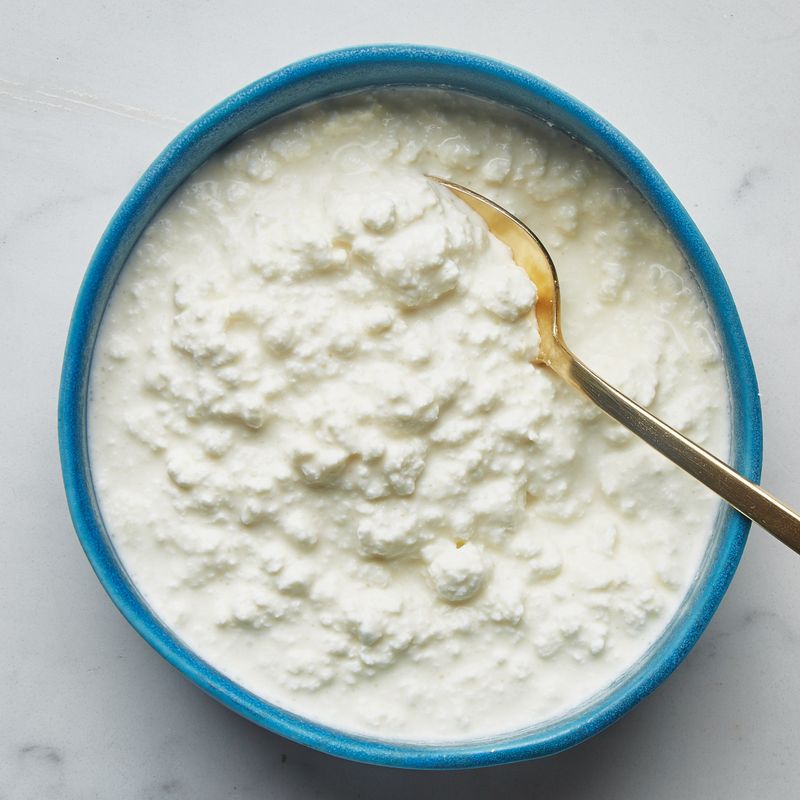
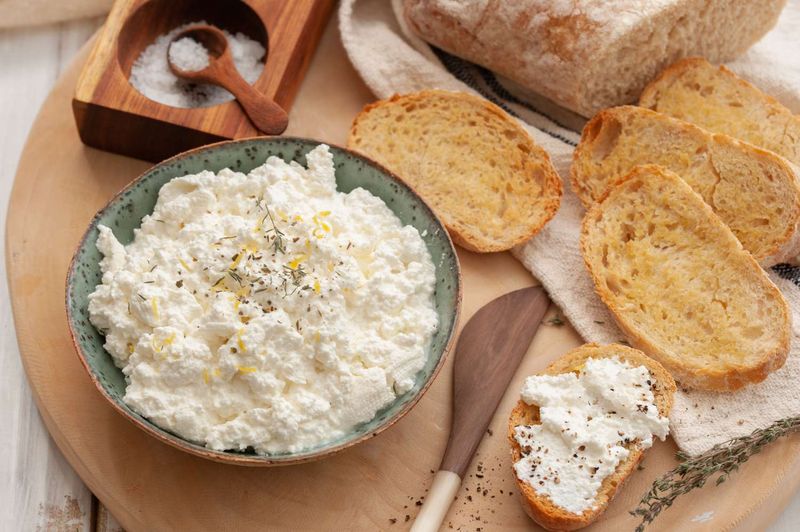
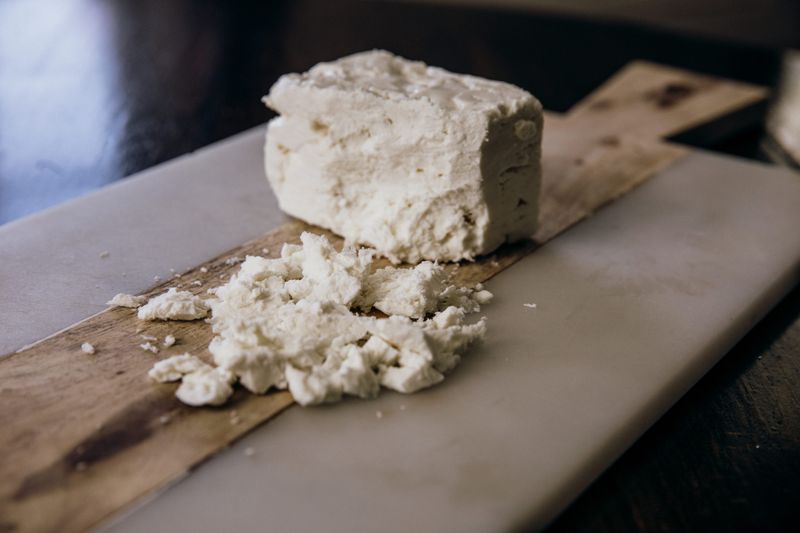
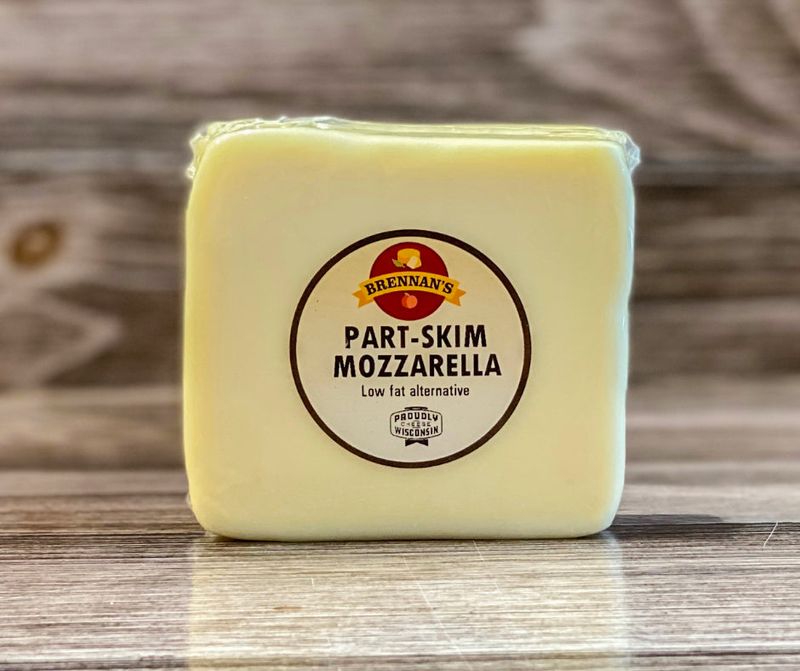
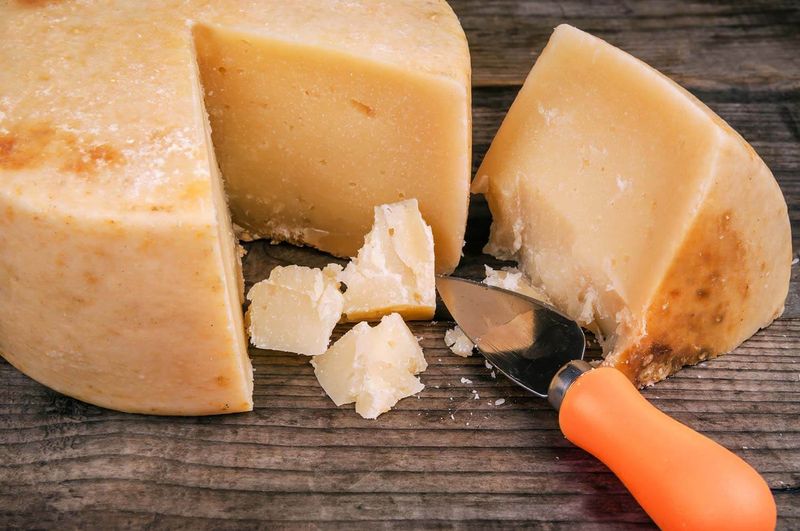
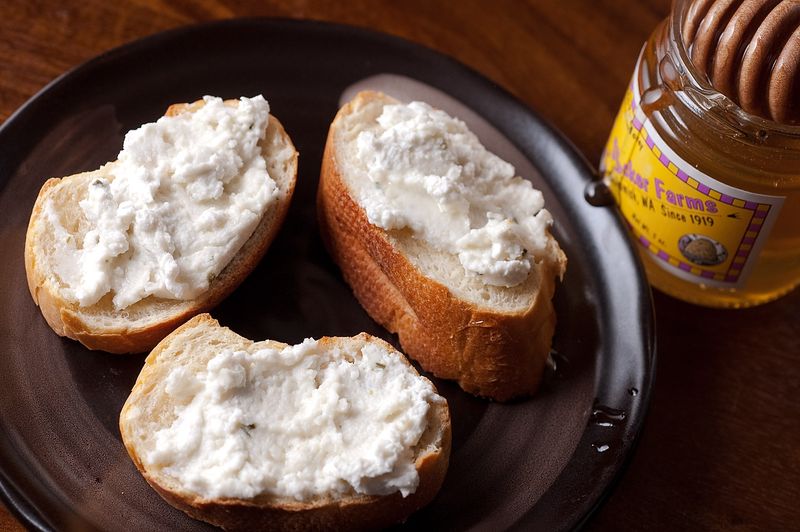
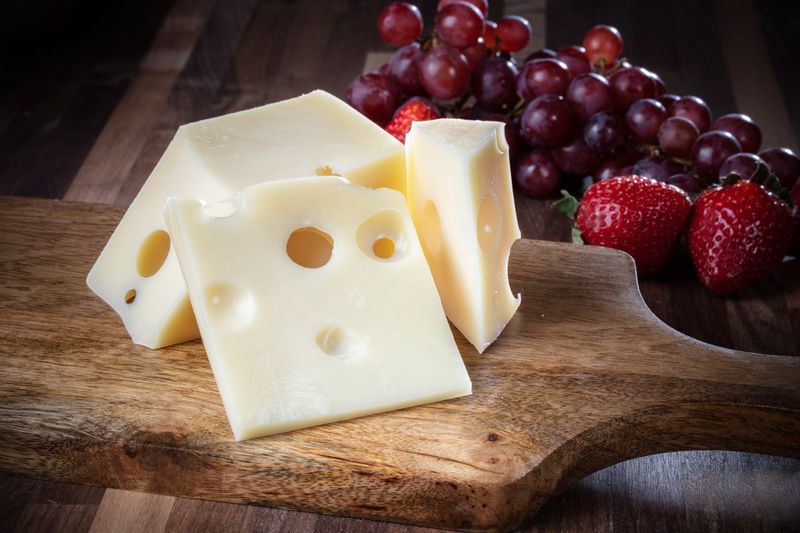
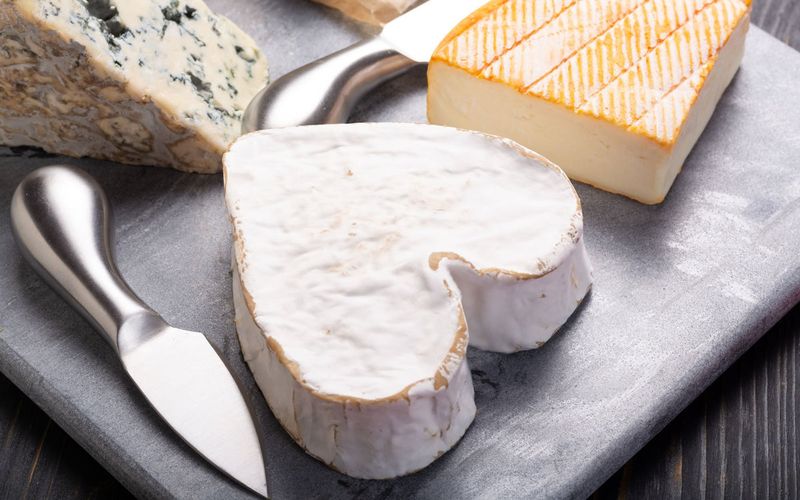
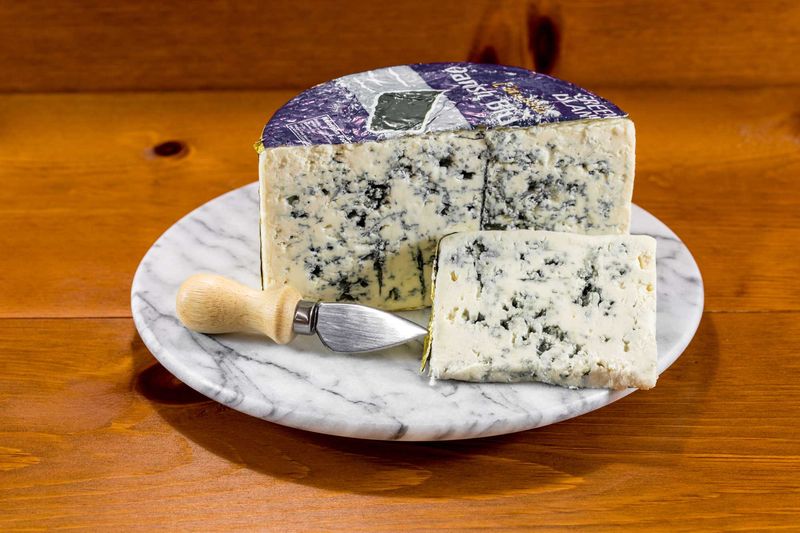
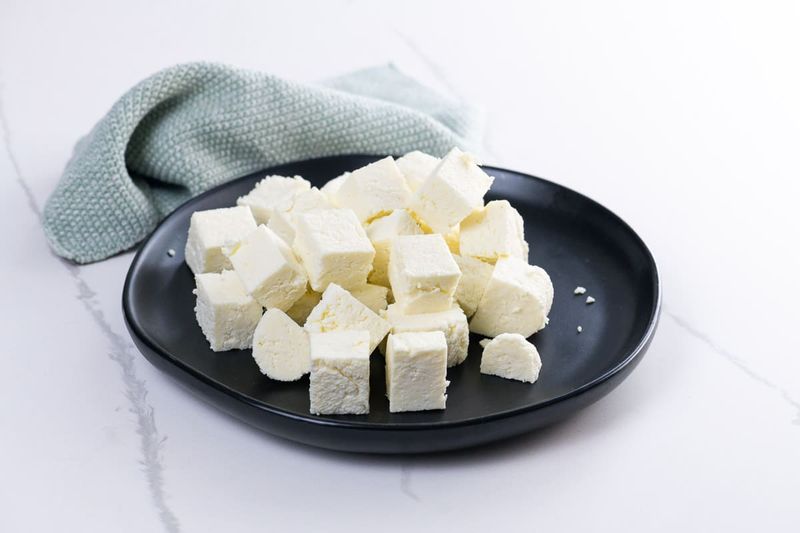
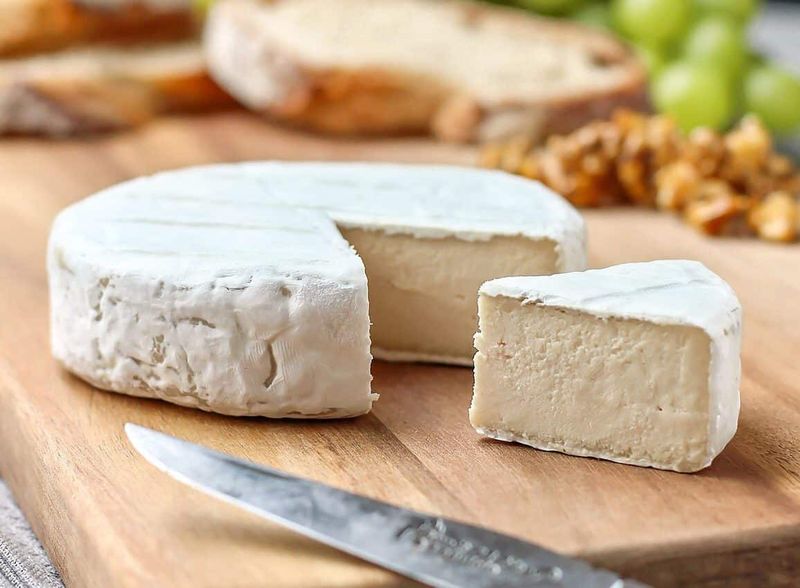
Leave a comment